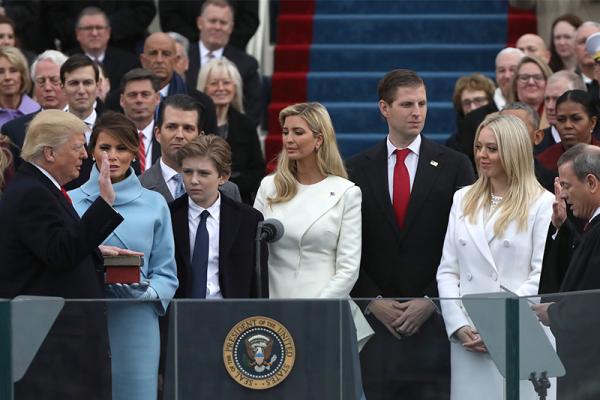Jan 22, 2018
Are we a nation of immigrants or of ethno-nationalists? Do we believe in “American Exceptionalism” or “America First”? Do we prioritize narrowly conceived national interests over enduring American values? Should we lead and preserve the international order, or simply compete with craven superpowers like China and Russia? Will we compassionately open our doors to the world’s “tired, poor and huddled masses yearning to be free,” or will we tell them to go back to the “s***hole countries” they come from? Put starkly, are we a nation “under God” or under Trump? We must choose.
Read the Full Article

Already a subscriber? Login
